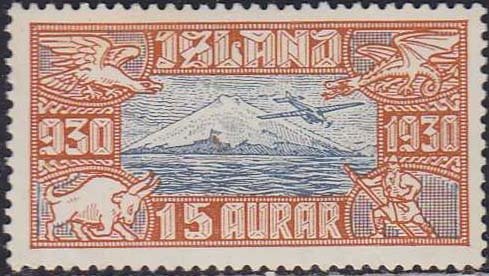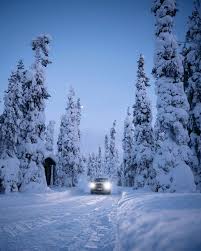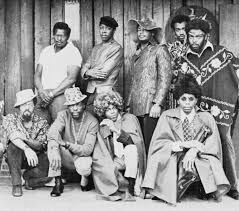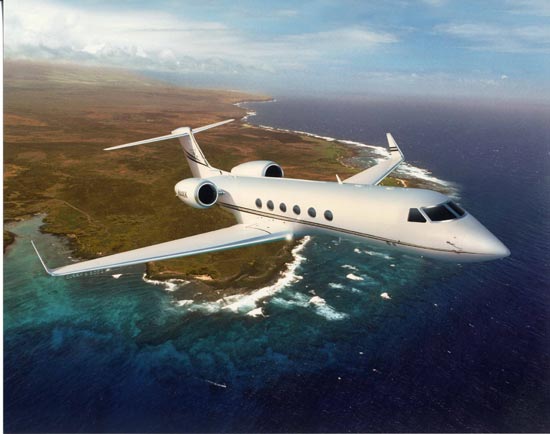Stamp: 1000th anniv. Parlament: Snæfellsjökull (Iceland 1930)
1000th anniv. Parlament: Snæfellsjökull (Iceland 1930)
01 June (Iceland ) within release 1000th anniv. Parlament goes into circulation Stamp 1000th anniv. Parlament: Snæfellsjökull face value 15 Icelandic eyrir
| Stamp 1000th anniv. Parlament: Snæfellsjökull in catalogues | |
|---|---|
| Michel: | Mi:IS 142 |
Stamp is square format.
Also in the issue 1000th anniv. Parlament:
- Stamp - 1000th anniv. Parlament: Snæfellsjökull face value 15;
- Stamp - 1000th anniv. Parlament face value 20;
- Stamp - 1000th anniv. Parlament face value 35;
- Stamp - 1000th anniv. Parlament: Gullfoss face value 50;
- Stamp - 1000th anniv. Parlament face value 1;
|
Data entry completed
53%
|
|
|---|---|
| Stamp 1000th anniv. Parlament: Snæfellsjökull in digits | |
| Country: | Iceland |
| Date: | 1930-06-01 |
| Perforation: | comb 14 |
| Format: | Stamp |
| Face Value: | 15 Icelandic eyrir |
| Print run: | 40500 |
Stamp 1000th anniv. Parlament: Snæfellsjökull it reflects the thematic directions:
Snow comprises individual ice crystals that grow while suspended in the atmosphere—usually within clouds—and then fall, accumulating on the ground where they undergo further changes. It consists of frozen crystalline water throughout its life cycle, starting when, under suitable conditions, the ice crystals form in the atmosphere, increase to millimeter size, precipitate and accumulate on surfaces, then metamorphose in place, and ultimately melt, slide or sublimate away.
In modern politics, and history, a parliament is a legislative body of government. Generally, a modern parliament has three functions: representing the electorate, making laws, and overseeing the government via hearings and inquiries. The term is similar to the idea of a senate, synod or congress and is commonly used in countries that are current or former monarchies. Some contexts restrict the use of the word parliament to parliamentary systems, although it is also used to describe the legislature in some presidential systems (e.g., the Parliament of Ghana), even where it is not in the official name.
A volcano is a rupture in the crust of a planetary-mass object, such as Earth, that allows hot lava, volcanic ash, and gases to escape from a magma chamber below the surface. The process that forms volcanoes is called volcanism.
An aircraft is a machine that is able to fly by gaining support from the air. It counters the force of gravity by using either static lift or by using the dynamic lift of an airfoil, or in a few cases the downward thrust from jet engines. The human activity that surrounds aircraft is called aviation. Crewed aircraft are flown by an onboard pilot, but unmanned aerial vehicles may be remotely controlled or self-controlled by onboard computers. Aircraft may be classified by different criteria, such as lift type, aircraft propulsion, usage and others.
An anniversary is the date on which an event took place or an institution was founded in a previous year, and may also refer to the commemoration or celebration of that event. For example, the first event is the initial occurrence or, if planned, the inaugural of the event. One year later would be the first anniversary of that event. The word was first used for Catholic feasts to commemorate saints. Most countries celebrate national anniversaries, typically called national days. These could be the date of independence of the nation or the adoption of a new constitution or form of government. The important dates in a sitting monarch's reign may also be commemorated, an event often referred to as a "Jubilee".





